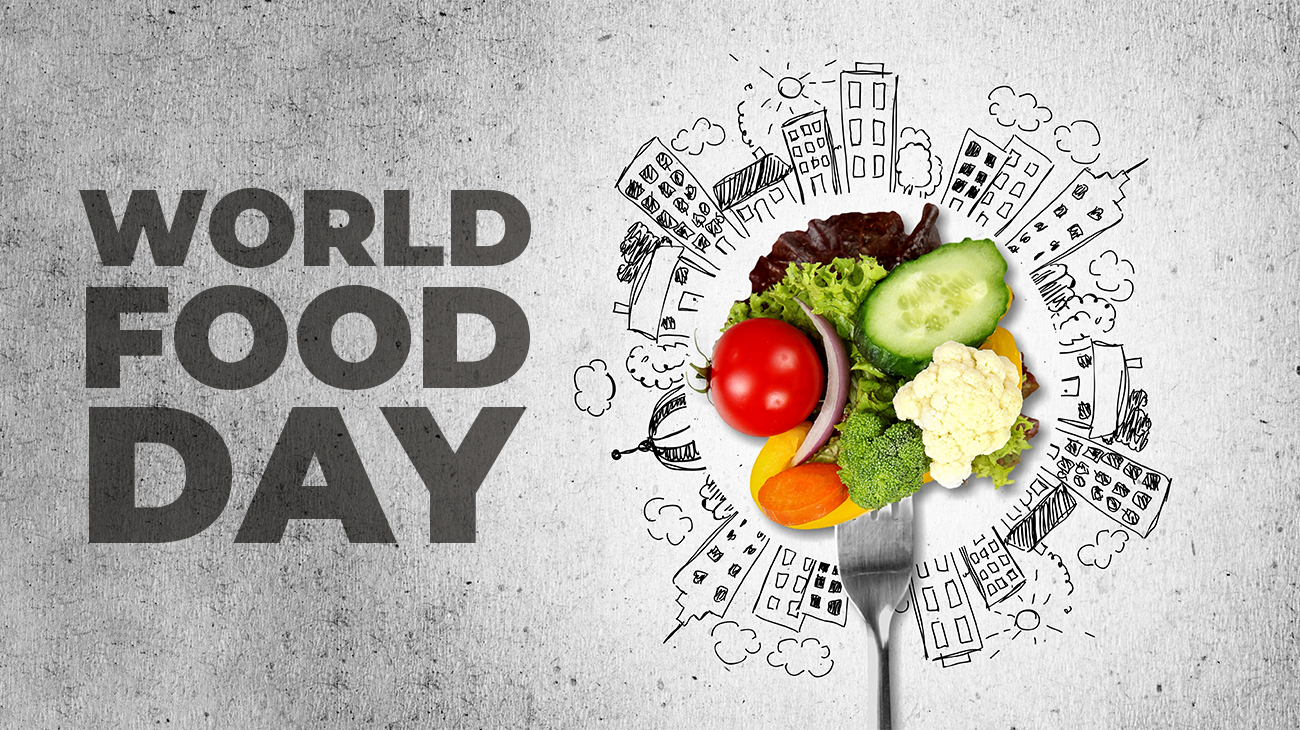World Food Day, celebrated every year on October 16th, is an international observance dedicated to raising awareness about the importance of food security, addressing global hunger, and promoting sustainable agriculture practices
Celebrating World Food Day: Nourishing Our Planet and Ourselves

Introduction
World Food Day, celebrated every year on October 16th, is an international observance dedicated to raising awareness about the importance of food security, addressing global hunger, and promoting sustainable agriculture practices. This significant day reminds us of the critical role that food plays in our lives, the need to combat hunger and malnutrition, and the importance of ensuring a sustainable future for all. In this blog, we will explore the reasons why World Food Day is celebrated and why it matters.
The History of World Food Day
World Food Day was established by the United Nations Food and Agriculture Organization (FAO) in 1979. The decision to celebrate this day on October 16th was to commemorate the founding of the FAO in 1945. The primary purpose of World Food Day is to increase awareness about global food-related issues and to promote collective action to address these challenges.
Why World Food Day is Celebrated
1. Hunger Eradication:
The most fundamental reason for celebrating World Food Day is the fight against global hunger. Despite the significant progress made in recent years, millions of people around the world still suffer from chronic undernourishment. By drawing attention to this issue, the day emphasizes the urgency of eradicating hunger and malnutrition from our planet.
2. Promoting Sustainable Agriculture:
The theme for World Food Day varies from year to year, but it consistently highlights the need for sustainable agriculture practices. Sustainable agriculture is essential for ensuring a long-term food supply, protecting natural resources, and mitigating the effects of climate change. It encourages responsible farming, efficient resource management, and innovative solutions to increase food production while minimizing harm to the environment.
3. Advocating for Food Security:
World Food Day promotes the concept of food security, which means that all people have access to safe, nutritious, and sufficient food at all times. This encompasses not only the production of food but also its distribution and accessibility to all, regardless of socioeconomic status or geographic location.
4. Addressing Climate Change:
Climate change poses a significant threat to global food security. Changing weather patterns, extreme events, and rising temperatures can disrupt food production and distribution. World Food Day provides a platform to discuss the intersection of climate change and food security and to advocate for strategies to mitigate these effects.
5. Reducing Food Waste:
The celebration of World Food Day also brings attention to the issue of food waste. Approximately one-third of all food produced worldwide is lost or wasted, contributing to food insecurity and environmental degradation. The day encourages individuals, businesses, and governments to adopt practices that reduce food waste and improve resource efficiency.
6. Fostering Global Cooperation:
World Food Day serves as a reminder of the need for international collaboration to address food-related challenges. By coming together, countries and organizations can pool their resources, knowledge, and expertise to find solutions to global food issues.
Conclusion
World Food Day is a crucial global observance that reminds us of the ongoing challenges related to food security, hunger, and sustainable agriculture. It underscores the importance of addressing these issues for the well-being of people, our planet, and future generations. As we celebrate World Food Day each year, we must remember that our actions, both individually and collectively, can make a difference in ensuring a world where everyone has access to enough safe and nutritious food. By raising awareness, advocating for change, and promoting sustainable practices, we can work towards a brighter, hunger-free future for all.





